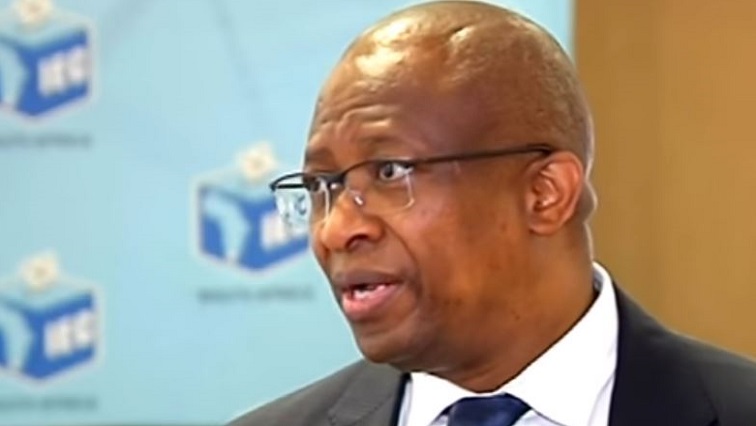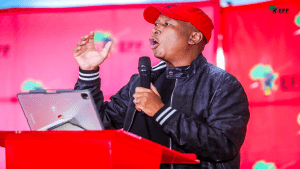The Electoral Commission says it has done all it can to assist political parties to comply with the Political Party Act that has come into effect on Thursday.
The Act, which has been hard-fought for by civil society organisations over the years, provides for political parties to receive state and private funding for their activities, requiring transparency with regards to the latter.
The IEC acknowledges, however, that implementation of the legislation by all stakeholders will be a work in progress.
IEC CEO Sy Mamabolo says that in anticipation of the 1st of April deadline, the Electoral Commission pulled out all the stops to prepare political parties to implement the Political Party Funding Act.
The legislation provides for political parties in national and provincial parliaments to receive public funding and private donations, which must be disclosed.
“We have trained them on the ICT tool that we have preferred, which will be used for purposes of disclosures. We have trained them on the content of the Act and the regulations and there have been a lot of discussions between ourselves and the political parties. They have raised some concerns which concerns may require possible amendments in future, but we are comfortable that we did everything to avail the information to parties to put them in a position where they could comply.”
The all-important Act seeks to regulate private and public funding for political parties.
Parties and disclosures can be made online: IEC
The Commission has urged all registered political parties to sign-up to the Online Party Funding System, which will allow them and their donors to make electronic disclosures to the Commission via the internet.
It has reminded parties that their first quarterly disclosure of direct donations in cash or kind above R100 000 and up to R15 000 for a single donor is due at the end of the first quarter.
The Act also stipulates that political parties may not receive donations from foreign governments or from organs of state and that no individual member of a party may receive a donation.
Head of the IEC’s Political Funding Unit, George Mahlangu, explaining the oversight role the Electoral Commission will play, says, “We are obliged by this legislation to do an inspection so that we can come out with a result of our inspection and monitoring. The Act also gives us the power to suspend. In the event that the political party has been given an opportunity to correct the transgression and the political party fails to do so, we can suspend payment until the transgression has been corrected. The Act gives the Electoral Court the powers to review the decisions of the commission.“
In addition, the IEC says it has been engaging potential funders to support the Multi-Party Democracy Fund (MPDF) as part of its fund-raising drive to encourage donations to the fund. The fund is one of two administered by the commission, with the other being the Represented Political Parties Fund (RPPF).
Parties represented in the national and provincial governments currently receive money from the RPPF.
Mahlangu says the new fund is aimed at supporting multi-party democracy on a non-partisan basis.
“We are responsible for these two funds which are RPPF which receives money from the public purse and the Act also establishes a new fund called Multi-Party Democracy Fund which is funded from private sources meaning that if you are not keen to put money directly into the coffers of a political party of your choice you can deepen democracy by putting money into the Multi–Party Democracy Fund, which will promote transparency.”
The Political Party Funding Act is expected to be a work in progress, with various amendments anticipated over time. One such amendment will relate to how independent candidates will be funded.
Mambolo says, “To the extent that it is now part of our law that the electoral system must provide for independent candidates, there is a need to review the act to squarely accommodate independent candidates, who potentially will hold office in the National Assembly and/or provincial legislatures. I think it stands to reason that that is an absolute necessity.”






